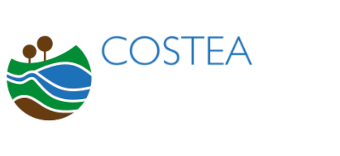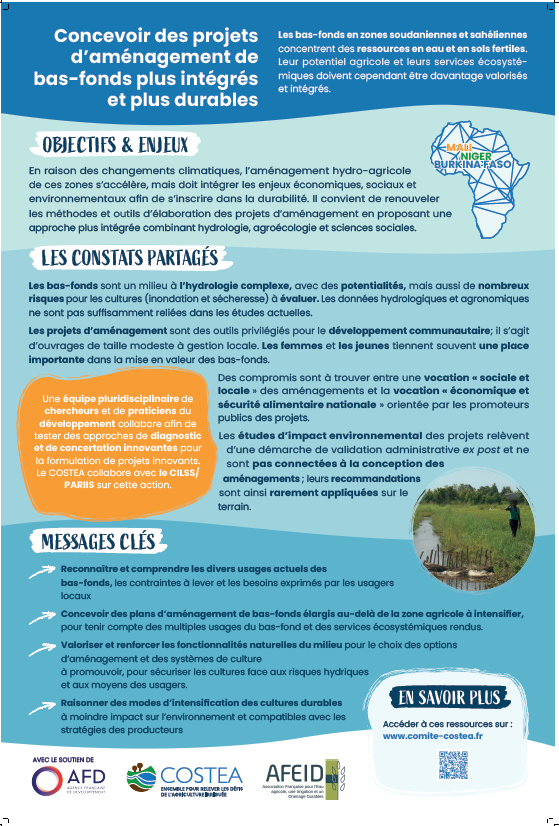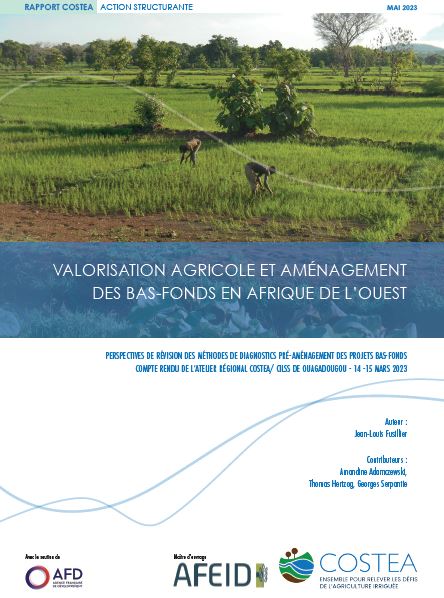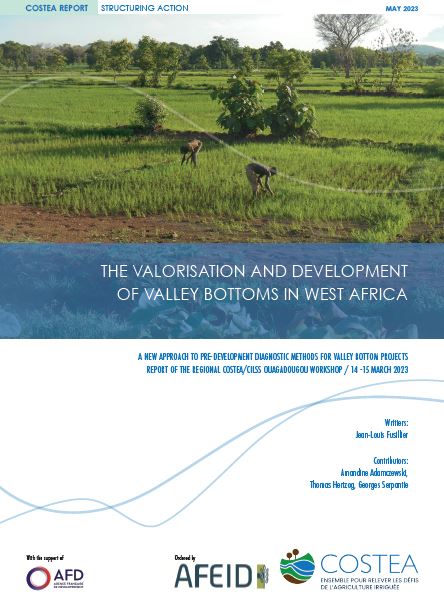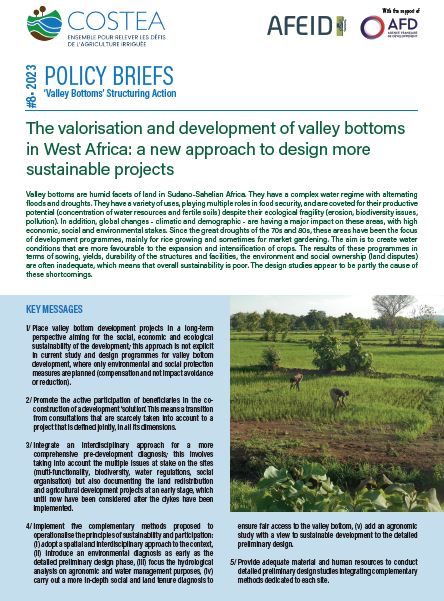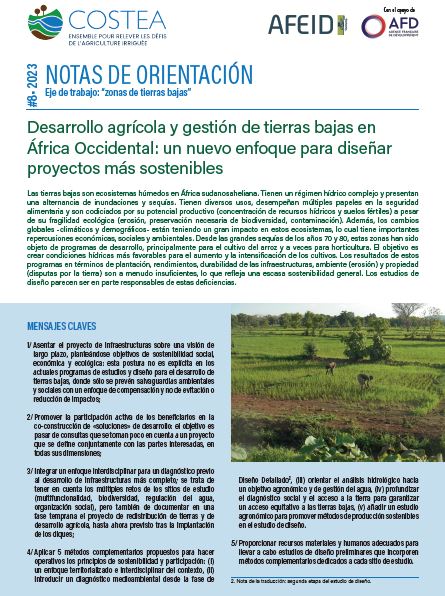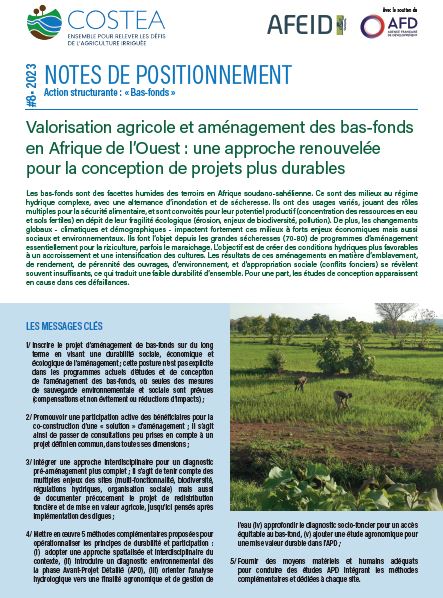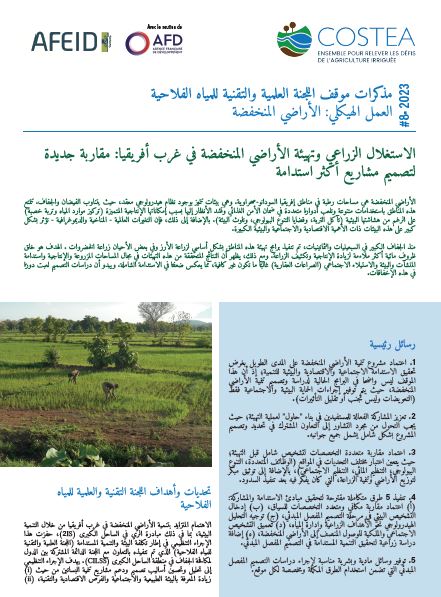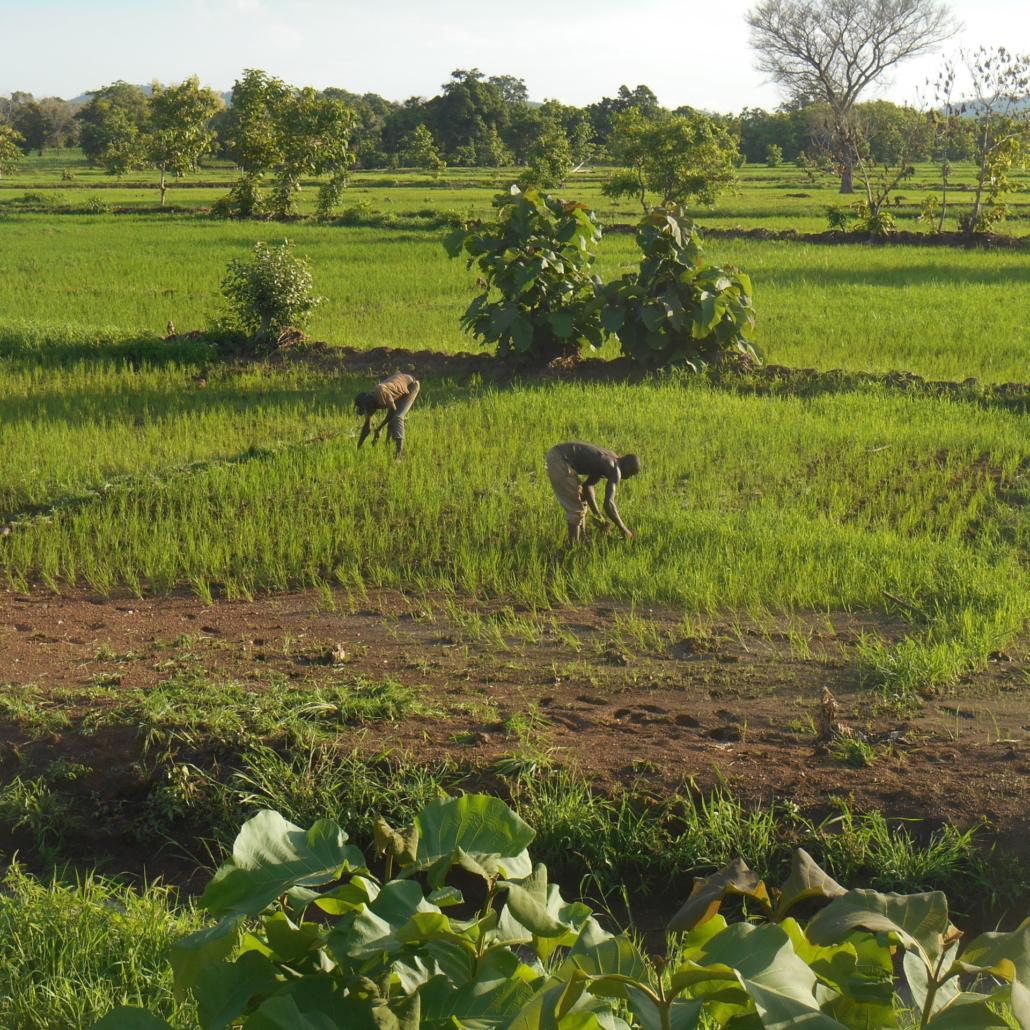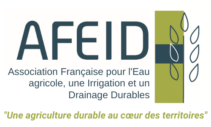Agricultural development and management of valley bottoms and small flood plains in West Africa
Our main publications
Click on the image to download the action poster.
Why agricultural development and management of valley bottoms and small flood plains in West Africa?
Tropical valley bottoms are a special environment, with high potential for agricultural development due to water availability, fertility and numerous ecosystem functions. In addition to their agricultural potential, valley bottoms fulfil various economic, ecological and social functions.
These areas are rich in biodiversity. They play an important role for grazing throughout the seasons, wood supply and foraging, and water supply for livestock and domestic and artisanal uses. They contribute significantly to food security and the financial stability of households. Yet less than one third of these strategic areas, representing approximately ten million hectares in Africa, is currently cultivated. Valley bottoms have specific constraints linked to their limited size, irregular water resources and flood risks. These specificities have implications on the modes of development action and management choices to be proposed, and call for a renewed engineering approach. These factors are the basis for our choice to address valley bottoms in West Africa.
What do we do?
By capitalising on experience, we seek to generate new knowledge to improve valley bottom development programmes and projects. In particular, we aim for a better understanding of the diversity of valley bottom situations, such as the intrinsic characteristics of the valley bottom in its catchment area, the development models or production systems and value chains.
Nous nous focalisons également sur les aspects socio-organisationnels tel que le montage institutionnel des projets ou l’enchevêtrement des organisations sociales, le compromis entre développement agricole et multiusages des ressources des bas-fonds.
Our study zones are valley bottom areas and small floodplains in West Africa.
Un consortium CIRAD/INSUCO/IRD a été recruté comme prestataire.
Cette action a été lancée en septembre 2021, ces travaux sont en cours de finalisation.
FURTHER READING
Preparatory documents of this action:
The deliverables produced by the action:
- Inception Report (in French)
- Rapport COSTEA Méthodes et diagnostic pré-aménagement Afrique de l’Ouest
- Rapport NIGER
- Rapport Burkina_Faso
- Rapport Mali
- Rapport Site Nambe Burkina Faso
- Rapport Site Tialla Burkina Faso
- Rapport Site Doumba Mali
- Rapport Site Senou Mali
- Rapport Vallée Founkoye Niger
- Rapport Vallée Tadiss_Niger
